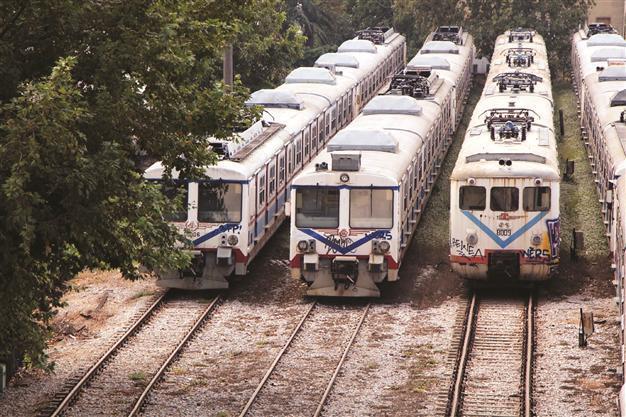Spanish firm slows down rail project in Istanbul, asks for more money
Aysel Alp ANKARA

The project covers the upgrading of 63 kilometers of existing railway on both the Asian and European shores to connect with the 14-kilometer cross-Bosphorus link. DHA Photo
Spanish firm OHL has slowed down the Marmaray 2 railway project due to a rise in costs, similar to the previous contractor in the project, according to sources familiar with the issue.An 815 million-euro contract was awarded in March 2007 to the AMD consortium of Alstom, Marubeni and Doğuş Holding, but the deal was later terminated as little work had been completed. The consortium said the costs were much higher than those designated in the tender.
Valued at 932.8 million euros, a subsequent contact was awarded to a 70-30 joint venture of Spanish civil engineering company OHL and Invensys Rail in 2011, following a decision to re-tender the project.
“Yes … the project is about to stop, but we know the companies will start to work again soon,” said a source from Turkey's Transport Ministry.
The ministry subsequently issued a written statement appearing to contradict this, saying there had been no halt in work on the project.
The project covers the upgrading of 63 kilometers of existing railway on both the Asian and European shores to connect with the 14-kilometer cross-Bosphorus link, creating a 77-kilometer cross-city commuter corridor linking Gebze in the northwestern province of Kocaeli to the Halkalı neighborhood of Istanbul. A third track is to be laid alongside the existing double-track route to accommodate inter-city and freight services, while overhead electrification and signaling will also be completely renewed.
The line is slated to have 40 new and upgraded stations, two control centers and new stabling yards and maintenance facilities. The project is being supported by the Council of Europe Development Bank and the European Investment Bank.
Officials from the Transport Ministry said the funding for the project would be provided by the European Union, meaning that everything in the tender had been conducted in accordance with EU standards.
















